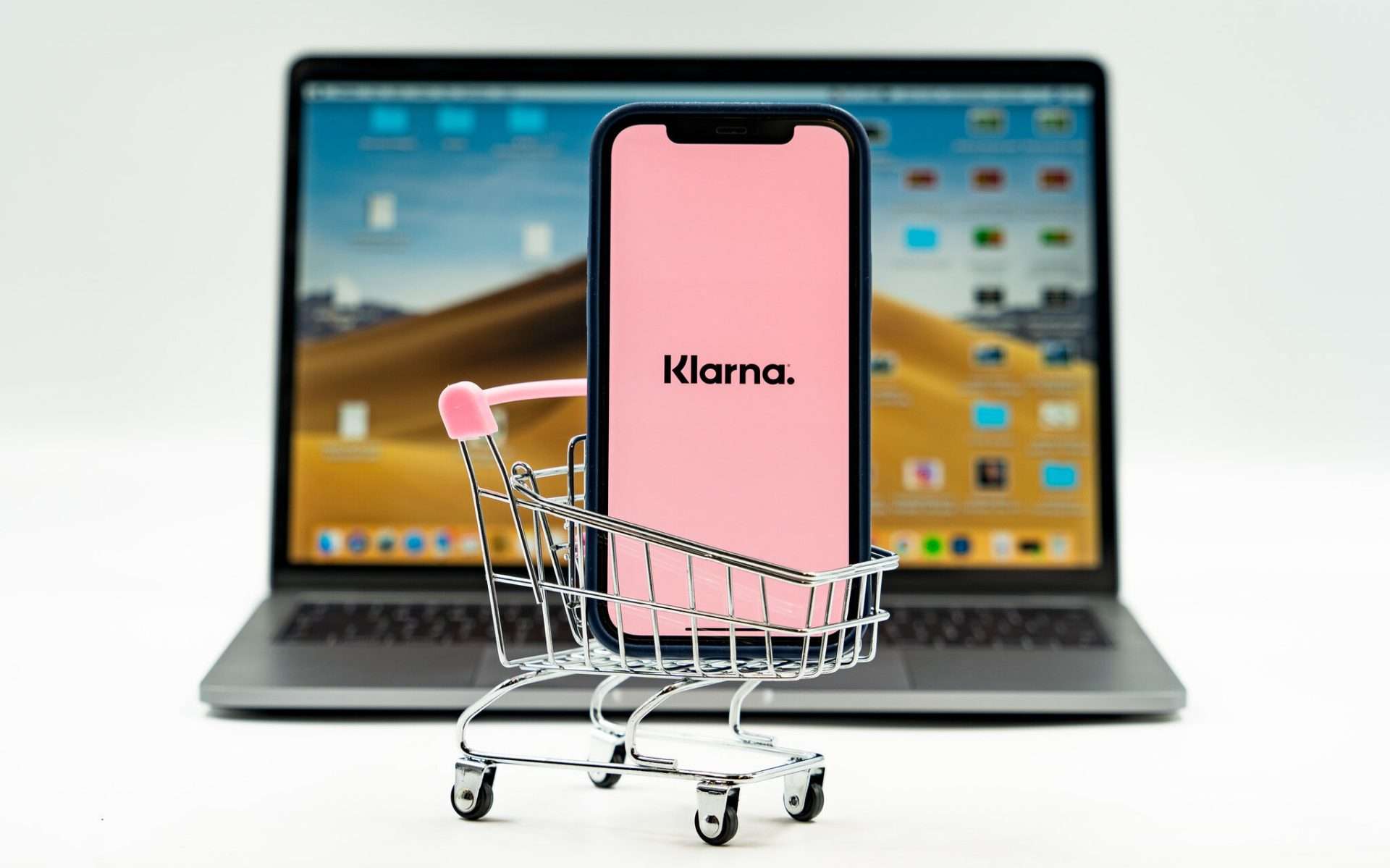Scharon Harding, writing at Ars Technica:
“Just disconnect your TV from the Internet and use an Apple TV box.”
That’s the common guidance you’ll hear from Ars readers for those seeking the joys of streaming without giving up too much privacy. Based on our research and the experts we’ve consulted, that advice is pretty solid, as Apple TVs offer significantly more privacy than other streaming hardware providers.
But how private are Apple TV boxes, really? Apple TVs don’t use automatic content recognition (ACR, a user-tracking technology leveraged by nearly all smart TVs and streaming devices), but could that change? And what about the software that Apple TV users do use — could those apps provide information about you to advertisers or Apple?
In this article, we’ll delve into what makes the Apple TV’s privacy stand out and examine whether users should expect the limited ads and enhanced privacy to last forever.
tvOS is perhaps Apple’s least-talked-about platform. (It surely has orders of magnitude more users than VisionOS, but VisionOS gets talked about because it’s so audacious.) But it might be their platform that’s the furthest ahead of its competition. Not because tvOS is insanely great, but it’s at least pretty good, and every other streaming TV platform seems to be in a race to make real the future TV interface from Idiocracy. It’s not just that they’re bad interfaces with deplorable privacy, it’s that they’re outright against the user.

Leading “buy now, pay later” (BNPL) firm Klarna reported a $99 million loss for the first quarter of 2025, having just last month paused a planned IPO. Recent headlines showed that consumers can finance just about anything, from Coachella tickets to a burrito, but missed payments are starting to catch up with loan providers.
BNPL services like Klarna, Affirm, and Afterpay market themselves as credit-check and interest-free alternatives to credit cards—but they come with downsides of their own for both consumers and merchants. As the consequences become more visible in the news, these companies have come under scrutiny from politicians and regulators.
In reality, BNPL is not uniquely harmful—it just isn’t particularly beneficial to customers or cost-effective for businesses compared to other payment options. Still, the best way to improve these services is through market competition, not the heavy-handed regulations some are beginning to propose.
Critics argue that BNPL providers saddle users with debt without accountability. While it may encourage overspending, so do credit cards. These are not systemic flaws in BNPL, but behavioral ones—better addressed through better financial education than through burdensome regulations.
The more honest criticisms of BNPL are pretty boring: they just aren’t spectacular products.
The most common interest-free BNPL plan is a six-week “pay in four” program, where the user pays a quarter of the total price up-front, followed by equal installments every two weeks. That means 42 days to pay in total, but with scheduled payments. This isn’t much more than the interest-free period for a typical credit card. The bare legal minimum time frame between the close of one’s monthly credit card statement cycle and the payment due date for that cycle is 21 days, and no reputable credit card issuers charge interest in that timeframe. That means that most credit card users won’t be charged interest for at least 21 days (usually more) after a purchase and, when taking into account the length of a statement cycle, potentially up to 52 days for purchases made at the start of the cycle—without intervening installments to worry about.
Some BNPL providers offer longer plans that do charge interest, and they are quite costly. Certain Affirm purchases can be paid over four years at a whopping 36% interest rate, while Klarna’s three-year plans can go for a 34% rate. The average credit card interest rate for somebody just paying the monthly minimum is 20%, and that comes with the benefit of a revolving line of credit that can be used in the most pressing of emergencies without tying the consumer to any one purchase. Affirm and Klarna’s longer-term plans charge horrendous rates without the emergency use case of a credit card. Their claims of superiority to credit cards simply don’t hold up.
They aren’t a great deal for merchants, either. Affirm and Klarna charge businesses around 6% plus a $0.30 flat fee per transaction—more than double the typical credit card merchant fees. If BNPL continues to proliferate at such high costs to merchants, it may invite misguided legislation to cap merchant fees like credit cards have.
In the UK, we may be seeing what comes next. This month, the Labour government announced proposals to require BNPL lenders to perform more up-front credit checks on consumers, starting next year. These were supported by existing BNPL companies themselves, eager to keep out future competitors who may not be able to comply. The Financial Times celebrated the regulation, saying that it will reduce uncertainty while keeping “lesser gunslingers at bay.”
But regulatory capture isn’t competition. Reduced market entry won’t benefit consumers—it will limit access and shift compliance costs elsewhere. For low-income or no-credit users, even responsible ones, that could mean losing financing options entirely.
Buy now, pay later isn’t a great product. It offers responsible consumers paltry benefits compared to credit cards, while giving profligate spenders another way to live above their means. It costs merchants way too much, and its current business model of lending to just about anyone will send it the way of the paper check. Still, we should welcome the introduction of such services as another option in the payments market.
Putting competitive pressures on other payment products means that consumers will get more conveniences, higher security, and better rewards in the long run. And while there are drawbacks to BNPL, they mostly derive from poor financial planning (or weak impulse control). Just like with credit cards, these services can be used responsibly by smart consumers, and overreach into this budding market would have negative consequences for buyers and businesses.

U.S. — Professional gymnast Simone Biles called on social media today for female athletes to stop trying to beat male athletes and instead just give up like she did.

